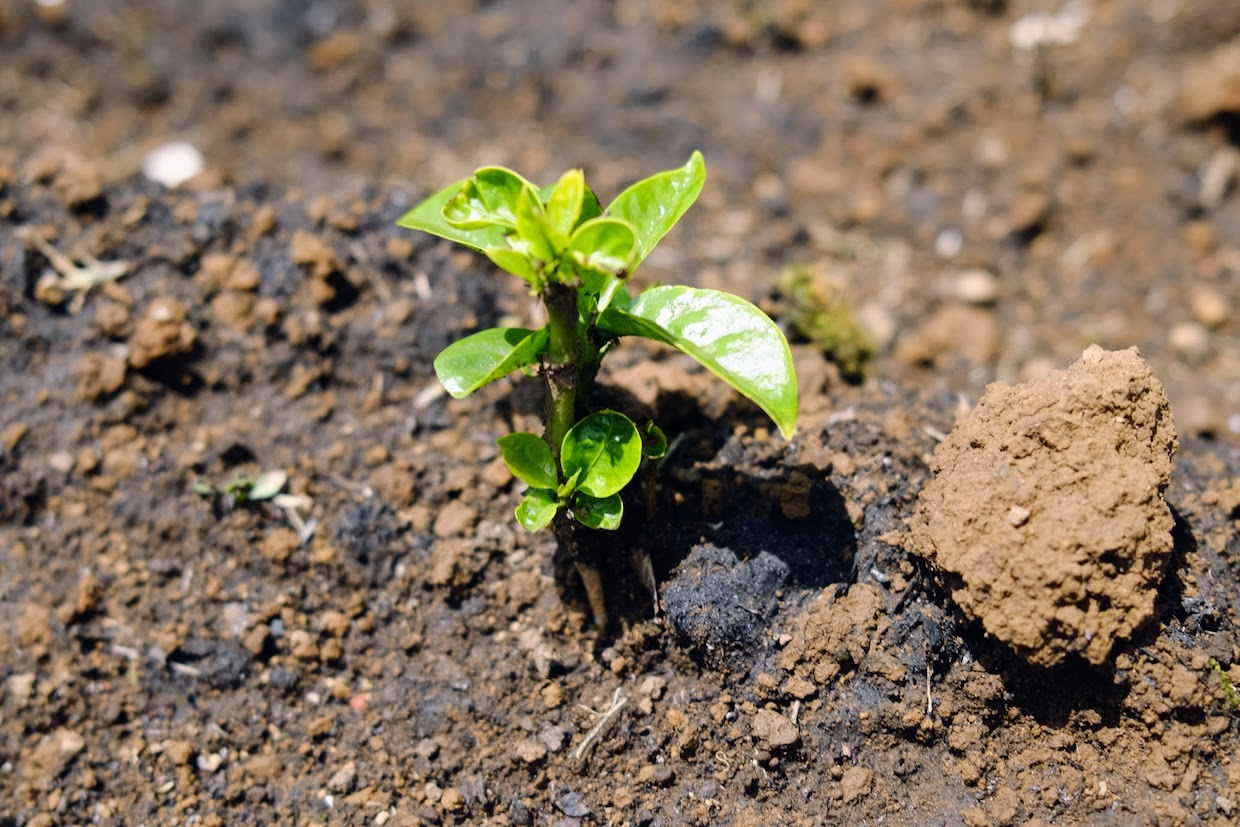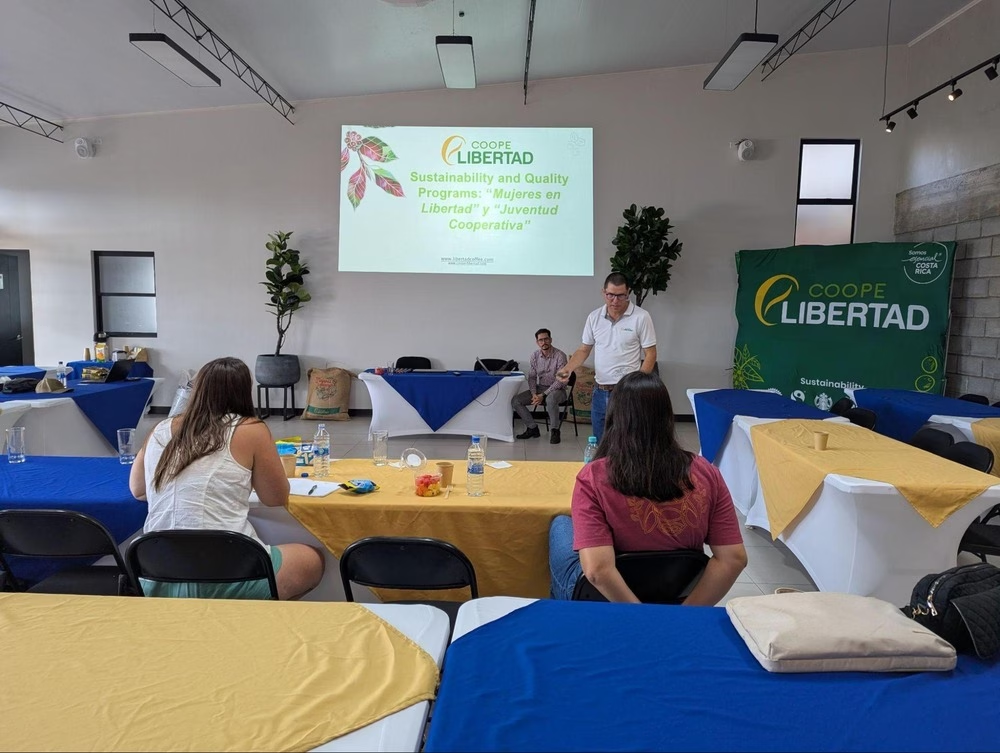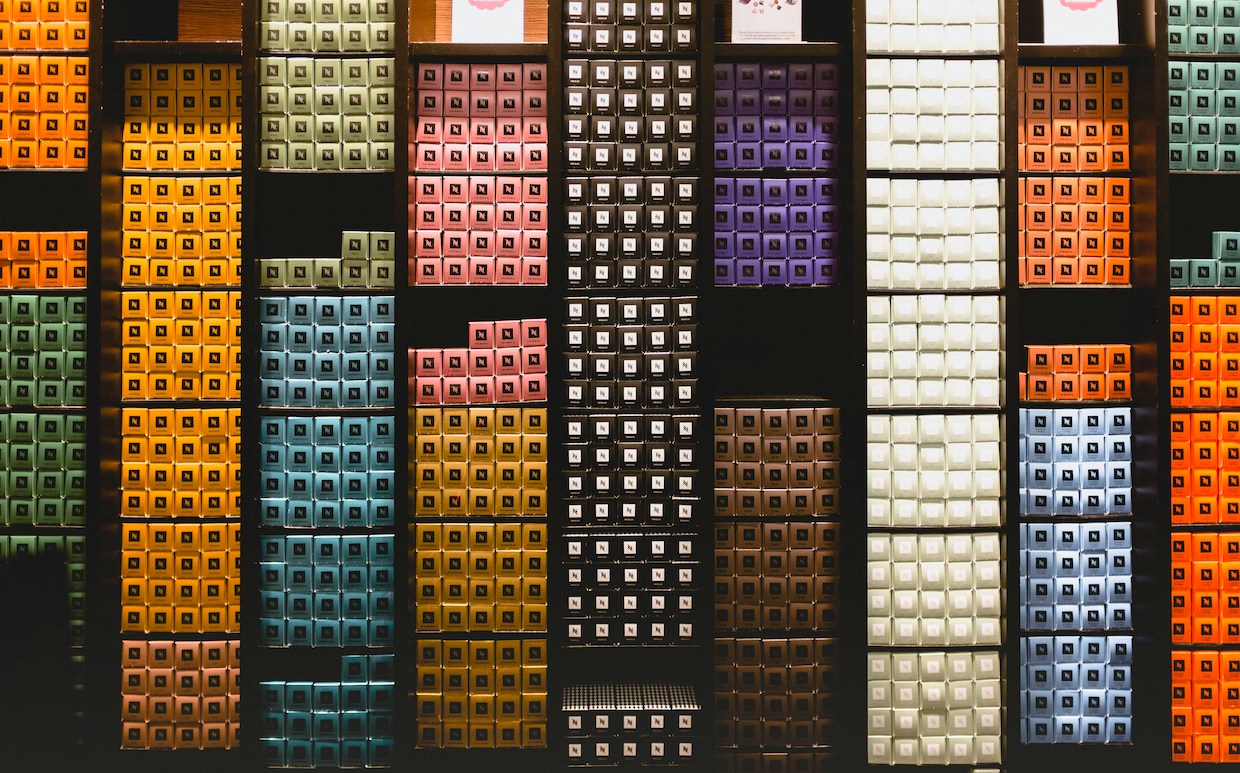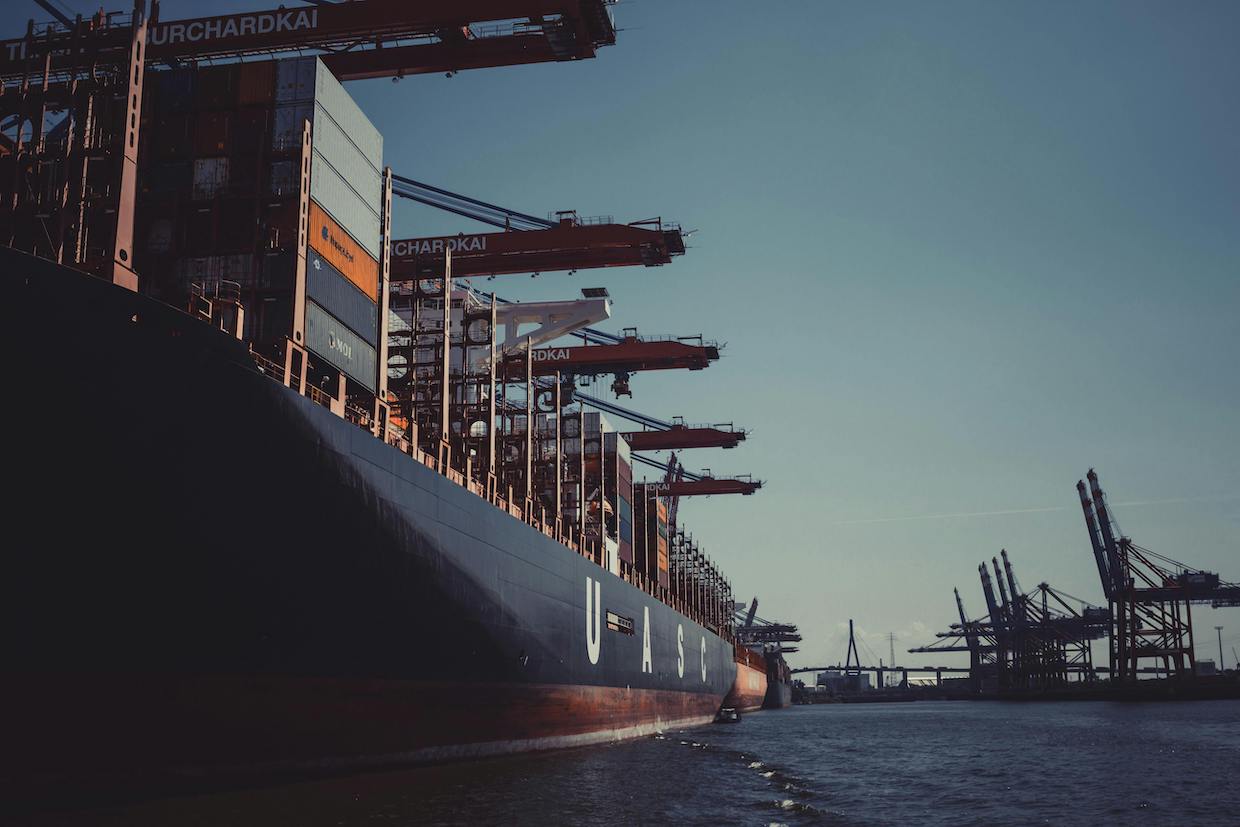

BY ISABELLE MANI
BARISTA MAGAZINE ONLINE
Photos courtesy of Huong Quach
Huong ”Lucy” Quach is a Vietnamese coffee pro with over a decade of experience.
Although half of her career unfolded in Vietnam, Lucy also embraced the expat barista life for several years: first in Taiwan—where she won the national Latte Art Championship—then Amsterdam, Netherlands, before settling in Munich, Germany, in 2022, where she’s currently based.
2024 marked a turning point for Lucy. Besides winning the German Cup Tasters Championship, her perspective on Vietnamese coffee shifted dramatically after returning home for the first time in five years.
“When I started in specialty-coffee, my mindset was all about arabica. But going back to visit, I rediscovered robusta—and I was blown away. I couldn’t even recognize it as robusta; it tasted so different from what I remembered five or six years ago. That experience had a profound effect on me. I ended up extending my trip to visit farms and see the quality work happening firsthand.”
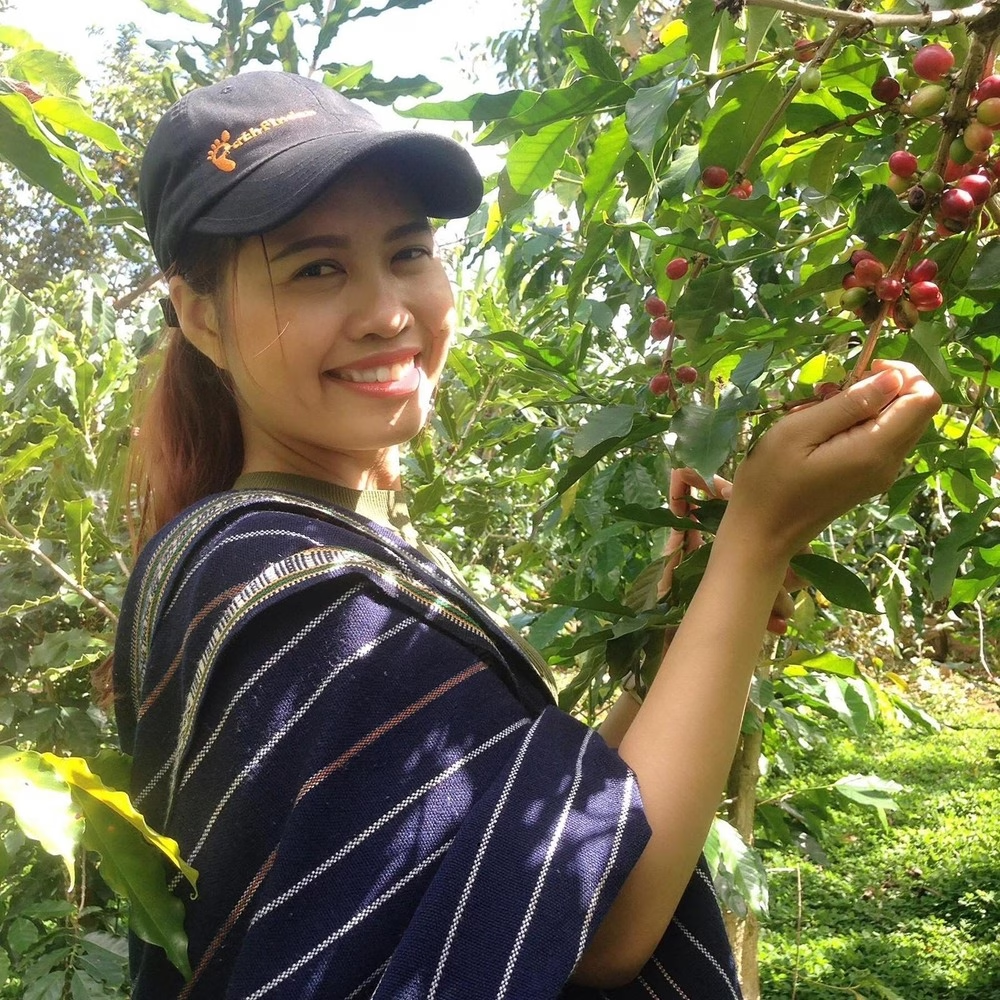

When we first met in Berlin in October 2024, at the third edition of Canephorum, a two-day event dedicated to the exchange of knowledge around Coffea canephora, Lucy told me the experience “deeply changed” her connection to her roots and identity. Back then, she also mentioned that she was preparing to take a step back from her work as a consultant and barista, embarking on a self-funded hiatus to dive into Vietnam’s robusta harvest season starting in January, where she spent a couple of months.
We caught up again to talk about all things robusta: her evolving knowledge, her role as an unofficial ambassador for Vietnam’s high-quality canephora in Germany, and how this new chapter is inspiring both her career and the coffee community around her. Lucy also just opened her own café in Munich, Humpback Whale Specialty Coffee, in April—a dream she’s had for over a decade. She also runs Simply Mì: a Vietnamese baguette shop serving traditional bánh mì and Vietnamese coffee.
Robusta in Vietnam
In Vietnam, Coffea arabica was introduced in 1857 by French missionaries, but robusta began to gain real ground in the early 20th century. Around 1906, colonial authorities initiated more systematic planting in the Central Highlands, supported by experimental stations and adaptation studies.
Vietnam re-entered the global coffee market after decades of stagnation caused by war and economic isolation. In the late 1980s, the Doi Moi reforms sparked rapid transformation, and by the time the United States’ trade embargo was lifted in 1994, the country was poised to become a global agricultural force—anchored by robusta.



Unlike in other producing countries, robusta in Vietnam was never burdened by stigma. From the start, it was embraced as a practical, strategic crop: resilient, high-yielding, and well-suited to the country’s terrain. More than just an agricultural product, it became a tool of recovery and identity-building in a nation rebuilding itself.
Today, Vietnam produces over 40% of the world’s robusta, directly supporting the livelihoods of over 2.5 million people, with most of this impact concentrated in rural areas of the Central Highlands, especially in the Dak Lak, Gia Lai, and Lam Dong provinces.
In recent years, the country has seen a quiet but powerful shift toward quality and innovation, driven by a new generation of producers, educators, and professionals like Lucy, who are helping reshape how Vietnamese robusta is understood and valued—both at home and abroad.
“Once people stop expecting it to taste like arabica, they’ll start appreciating it for what it is. We need more cupping tables, workshops, and events that bring baristas closer to canephora,” says Lucy.
In the Q&A below, she reflects on what’s changed—and what’s next.
Isabelle Mani: When it comes to robusta, what changes have you seen on farms in Vietnam and among Vietnamese coffee producers?
Lucy: I saw that farmers are now investing in knowledge. Even though Vietnam isn’t a rich country, producers are using what they earn to invest in themselves and learn how to grow better coffee. I found that amazing. There are a lot of Quality Graders in Vietnam now, and thanks to institutions like HQJ Coffee School, they’re changing their perception of what good coffee can be. This investment in education is leading to higher quality robusta.
How do you feel about your role, having one foot in the Western specialty scene and the other in your heritage—Vietnam, the world’s largest robusta producer?
I feel incredibly happy when people come to me with questions about coffee—especially (questions about) robusta from Vietnam. It makes me proud when they ask about origin trips and want to learn more about our coffee scene. Since winning the Cup Tasters, I feel like I can be an ambassador for Vietnamese coffee. I’m proud of my roots, and I want to promote our coffee and encourage everyone back home. I get emotional about it because it means so much to me.



Do you feel a sense of responsibility to represent Vietnamese coffee as you grow in the global coffee community?
Yes, definitely. I feel deeply connected to my culture, my heritage, and my country’s coffee. Being involved in the global coffee industry, I feel a responsibility to learn more, share more, and promote Vietnamese coffee. It’s not just a job or a passion—it’s part of my identity.
How do you engage with other professionals in the specialty industry who also advocate for canephora?
I love organizing cupping sessions and workshops that highlight canephora potential. It’s a great way to foster collaboration and build a community of canephora advocates within specialty-coffee. For example, during my recent trip home, I collected high-quality robusta from different farms and regions and hosted a Vietnamese robusta cupping for the coffee community in Munich.
As part of this journey, I also hope to use canephora in competitions to showcase its potential to a broader and more professional audience.
Isabelle Mani (she/her) is a writer, journalist, and communicator specializing in the international coffee industry. Since 2017, she has focused on writing articles and features for various international coffee news outlets. Isabelle has traveled to coffee-producing countries such as Colombia, Kenya, Rwanda, China, and Brazil to study and research coffee. She holds training certifications from the Specialty Coffee Association (SCA) and the Coffee Quality Institute (Arabica Q Grading).
Subscribe and More!
As always, you can read Barista Magazine in paper by subscribing or ordering an issue.
Read the August + September 2025 Issue for free with our digital edition.
For free access to more than five years’ worth of issues, visit our digital edition archives here.





